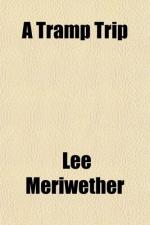|
This section contains 218 words (approx. 1 page at 300 words per page) |

|
Phonics Is the Answer.
In 1955 Rudolf Flesch published his influential work, Why Johnny Can't Read and What You Can Do About It. He discussed the reading problems of the nation's children and how television had a negative effect on reading ability. Television programs brought about memorization through word associations and promoted learning through pictures — not true reading ability. The answer, according to Flesch, was phonics. Phonetic practice enabled students to sound out words unfamiliar to them, and although comprehension came later through experience, phonics would make good readers.
Sight Reading.
The debate between proponents of phonics and sight reading, or recognizing words by sight, did not begin with Flesch. In 1954 Collier's ran a six-part study of education entitled "The Struggle for Our Children's Minds," which included a look at phonics. Parents complained that sight reading led to the misunderstanding of words...
|
This section contains 218 words (approx. 1 page at 300 words per page) |

|




